
Social Justice
Join us as we counter white supremacy, resist empire, engage and mobilize voters, support our migrant friends and neighbors, and more.
Why We Engage
All Souls is called to be a force for love and justice in our local community, our nation, and in our world. In all our social justice ministries, we strive to be effective, spiritually grounded, and accountable to the communities most impacted by oppression. We believe that social transformation and personal transformation are linked. If we want to change the world, we must be willing to change ourselves.
We welcome everyone to be part of the social justice ministry of All Souls—see the list of groups below. Check out the Social Justice Ministry Calendar for the latest list of upcoming events sponsored by or supported by All Souls.
Contact Rev. Rob Keithan, Minister of Spiritual Growth and (rkeithan@allsouls.ws; 202.517.1468) for more information and to get involved.
Members of All Souls demonstrate to preserve our democracy.
Our Values
We seek to build a congregation, community, and world that truly reflects the values of Beloved Community. For this to happen, we must embody these values in everything we do. Our means must reflect our ends.
Therefore, in the All Souls Social Justice Ministry, we strive to be:
-
We will dismantle systemic racism and other forms of oppression in ways that are accountable to the communities and groups most impacted.
-
Recognizing that there is rarely a single “right” way to be or to do things, we must know how to welcome, affirm, and work with different cultures and cultural expressions both within and beyond the congregation.
-
We view different issues/movements as important and interrelated—not in competition with each other.
-
We will foster deeper connections among people in the congregation—including across generations—as well as helping participants develop genuine connections across differences with the people in the community that we partner with and/or serve. We will work with UU congregations, interfaith partners, and secular organizations.
-
We will be rooted in our Unitarian Universalist faith and our theology of love.
-
We will have multiple entry points, a broad range of activities, minimal bureaucracy, and clear communication so that families and individuals of all ages can find easy and meaningful ways to be involved.
-
Our work will be concentrated enough to be effective, yet adaptable enough to respond to crises, disasters, and other events that call for an immediate action.
-
The ministry and all social justice activities will have clear goals, strategies, and metrics for making an impact on the root causes of system injustice, coupled with regular communication to the congregation about our successes and challenges. Building relationships and capacity for future work are recognized as key components of effectiveness.
-
We will make the work fun, meaningful, and energizing. It should help people find and follow their passion(s) for justice, whether that gets lived out within or beyond the congregation.
-
We will identify new participants and leaders, build expertise, and help people find ways to serve that are right for them.
-
We will have the planning, determination, and resilience for the work to continue over time. No one wins when people burn out,
Our Social Justice Ministries
-
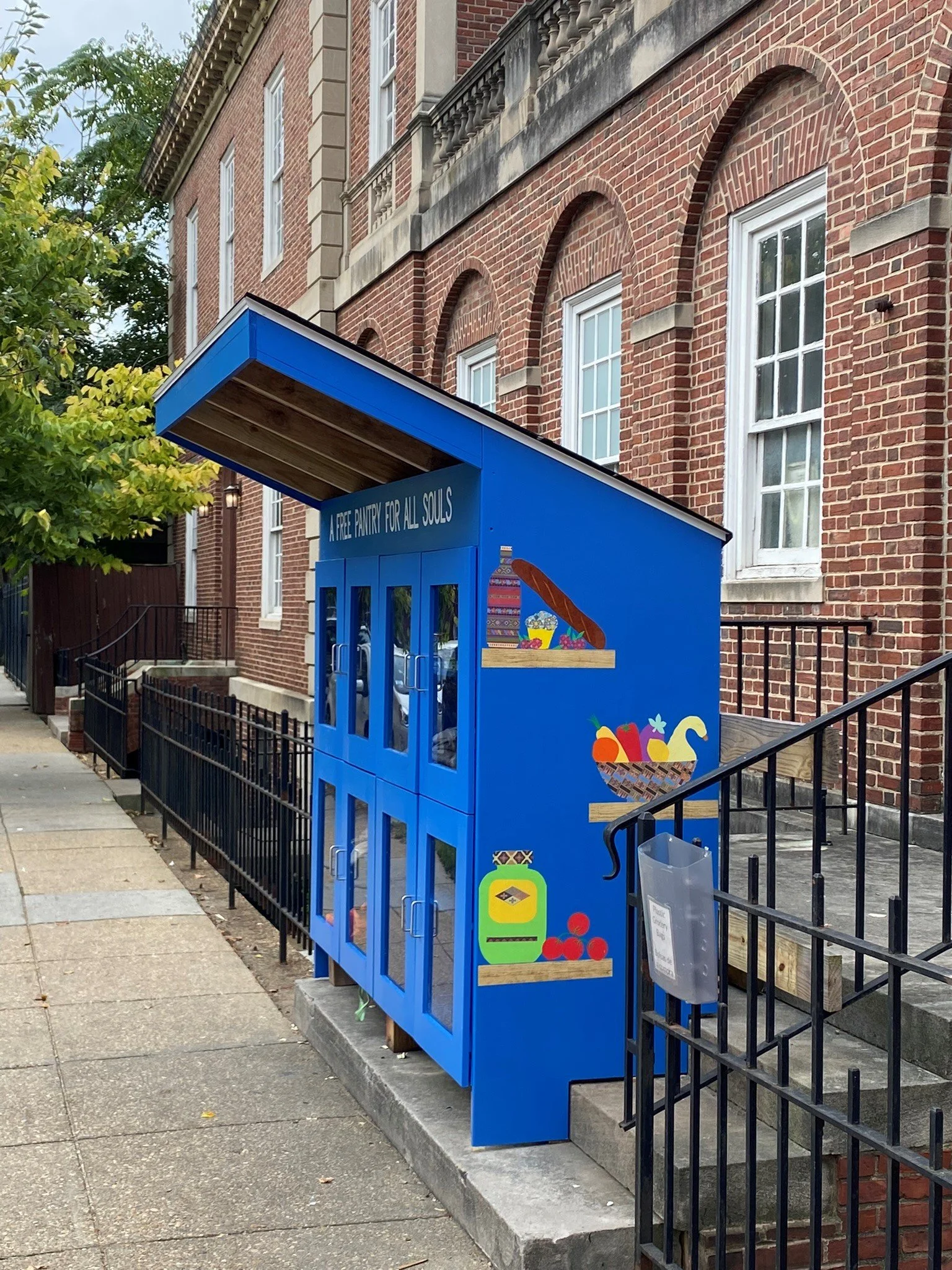
A Pantry for All Souls
All Souls is home to a Little Free Pantry, where neighbors can pick up grocery goods (food, personal care supplies, cleaning supplies, etc.) that are placed into the pantry by neighbors who have a little extra to give.
-

Beckner Advancement Fund
Established in 1973 through a generous donation from Earl and Meta Beckner, the Beckner Advancement Fund supports internal and external efforts to advance social justice, distributing over $100,000 in grants annually.
-

Heiwa Peace Project
The Heiwa Peace Project carries out a ministry of peace and reconciliation through a series of unique programs and relationships dating back to 1947, when the children of All Souls and the students of Honkawa Elementary School (in Hiroshima) responded to the inhumanity of the atomic bombs through artwork now known as the Hiroshima Children’s Drawings.
-
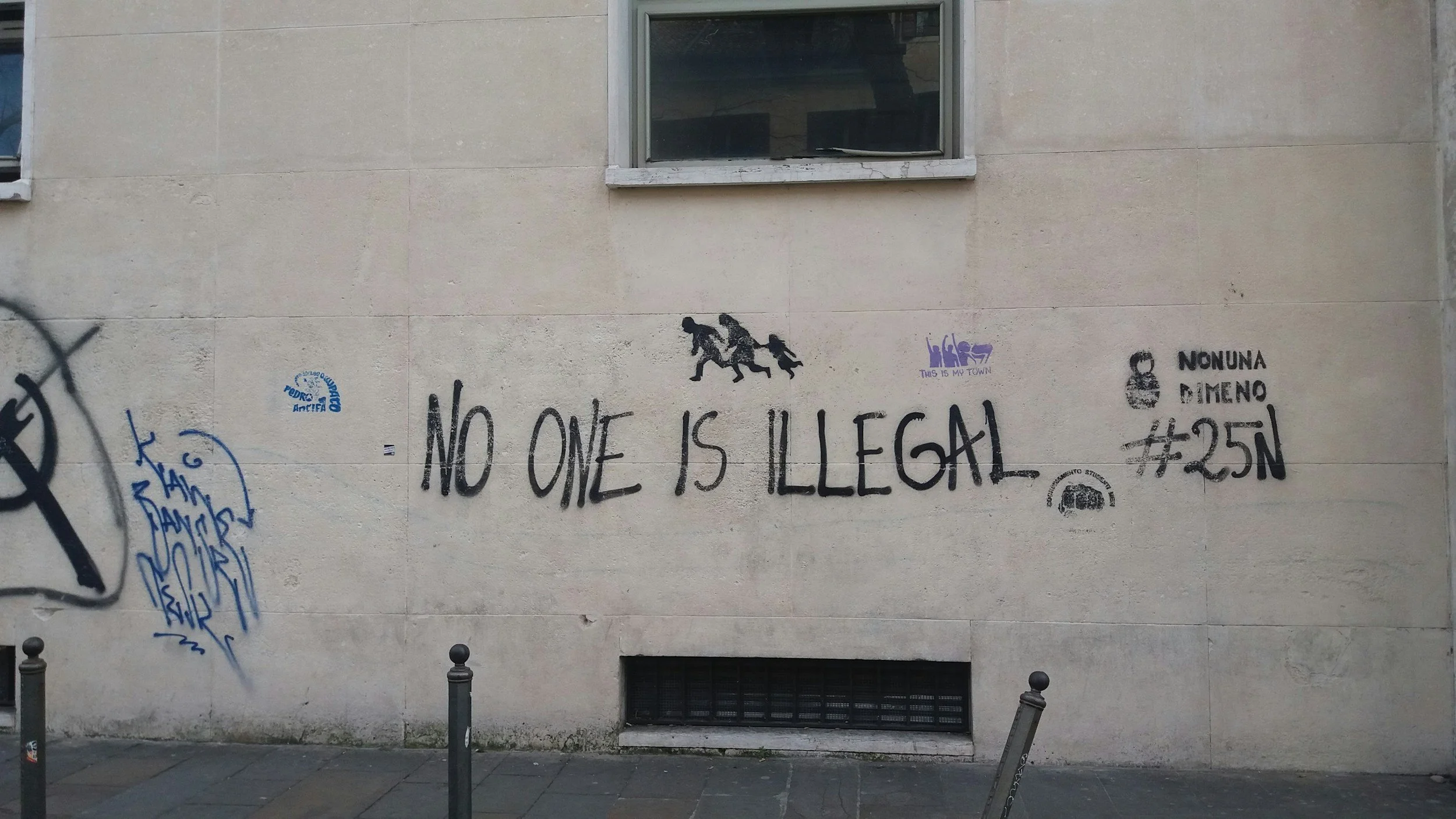
Migrant Solidarity
The Migrant Solidarity Team is dedicated to addressing the basic needs of migrants in our metropolitan area. Those needs include food security, stable housing, social connections to established communities, and support from local policy makers.
-
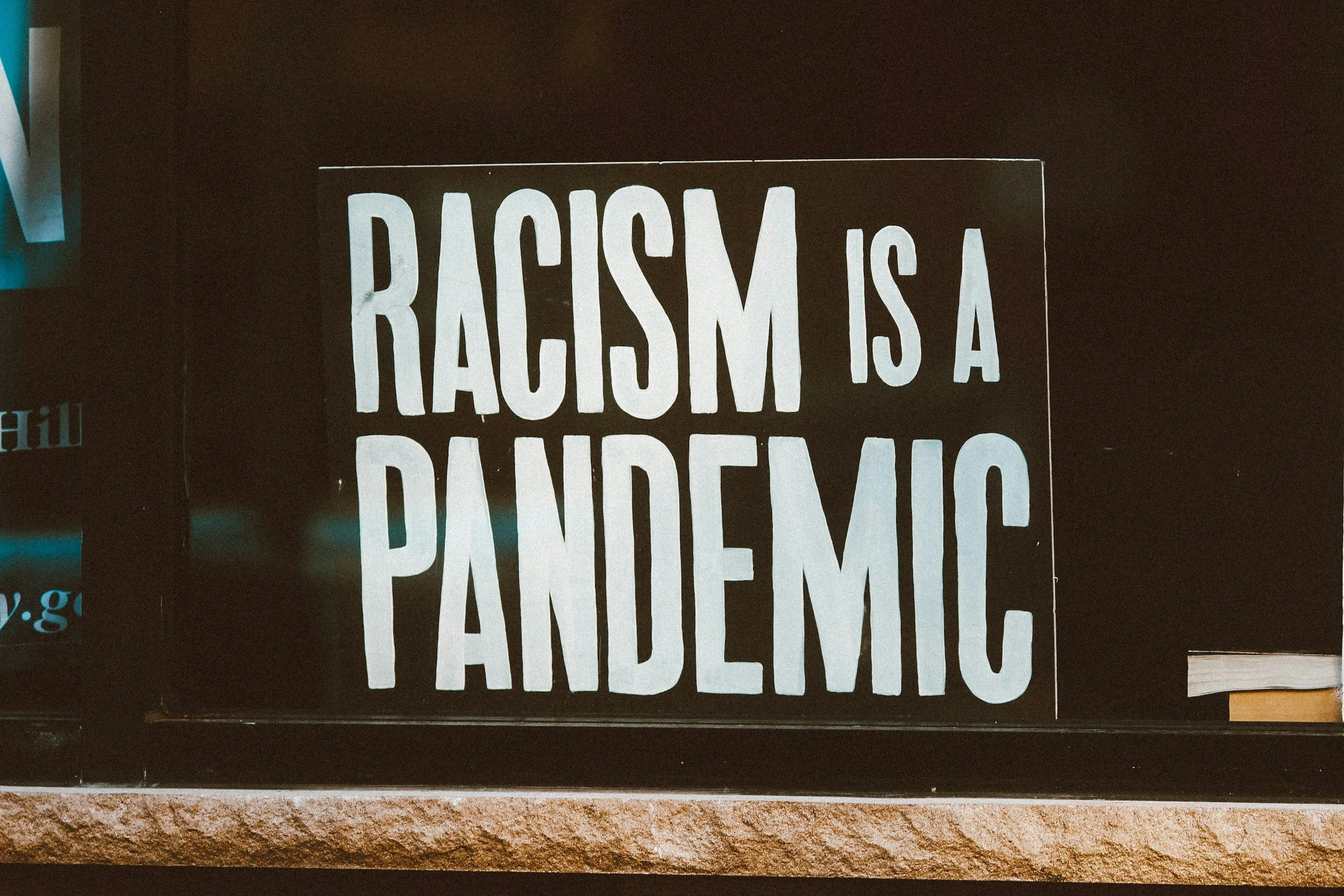
Racial Justice
All Souls Church works to build a diverse multicultural Beloved Community with actions that accountably dismantle racism and other oppressions in ourselves and our institutions. We recognize that social transformation and personal transformation are inextricably linked, so we have both internally-focused and externally-focused ministries dedicated to challenging white supremacy and oppression.
-
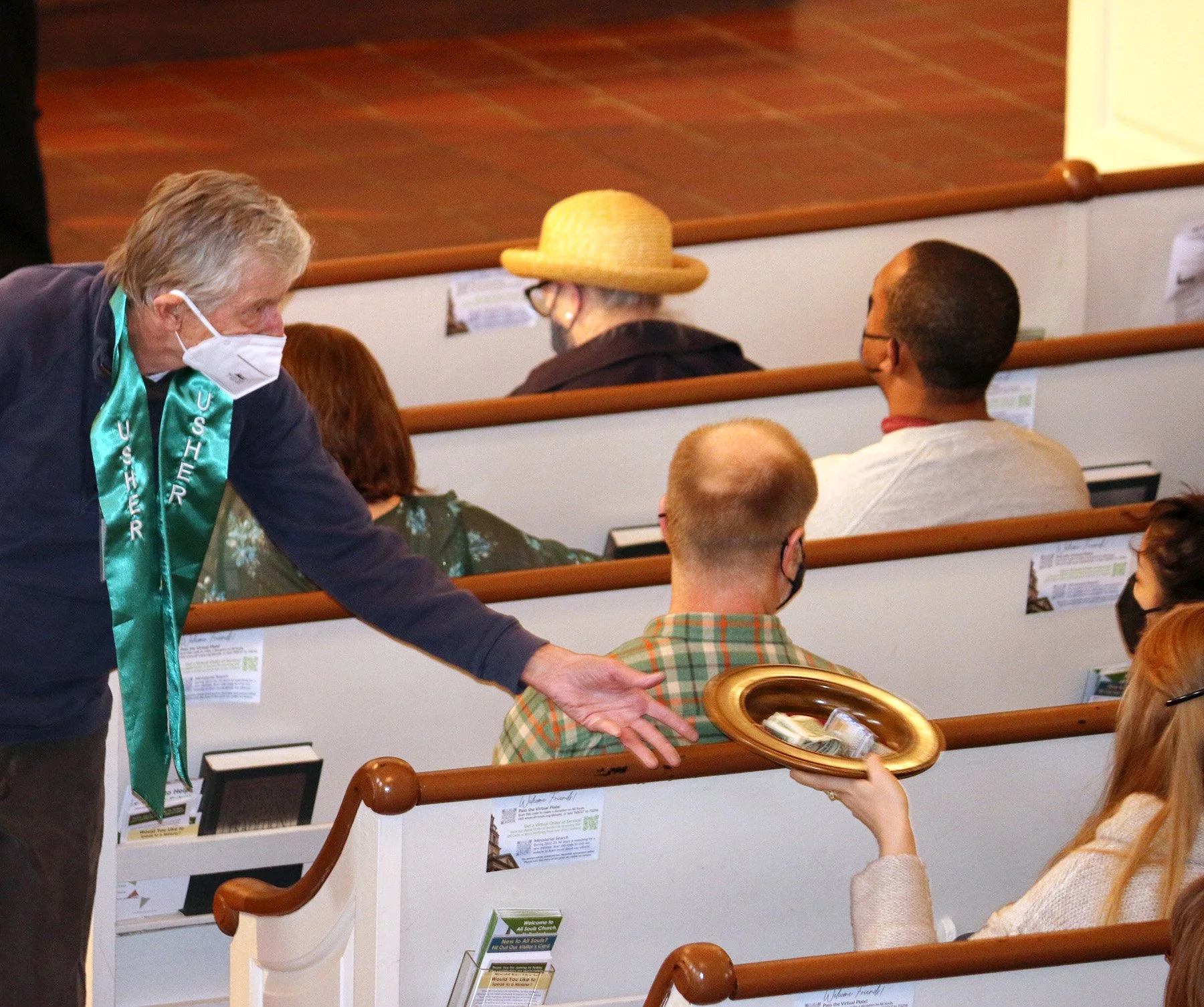
Share the Plate Collection
All Souls has long worked to serve local needs in partnership, including sharing our Sunday offering with community organizations making a difference. Fifty percent of all non-pledged offerings are are given away. Check out past recipients and learn how to nominate an organization.
-
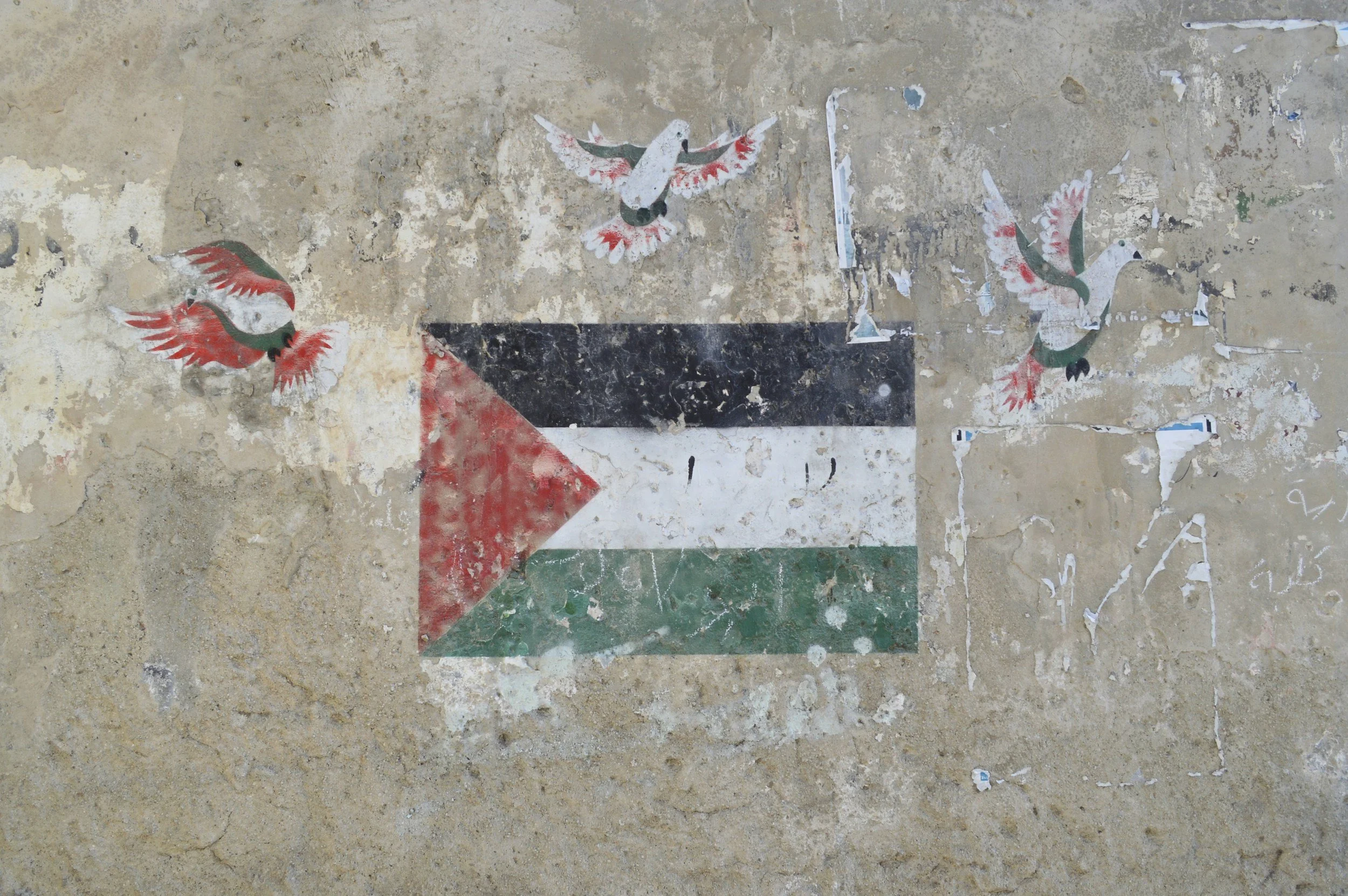
Souls 4 Palestine
Souls 4 Palestine group offers educational engagement offerings related to the needs and future of the Palestinian people. This group is in a direct, accountable, and supportive relationship with both ministers.
-
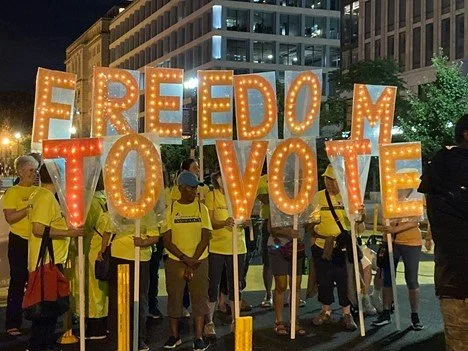
Voting Rights (Reeb Project)
The Reeb Project for Voting Rights is dedicated to increasing voter participation. We work in solidarity with other UU congregations and progressive partner organizations that center the leadership of people of color, work in communities with historically low voter participation, and advocate for changes to oppressive voting laws.
-
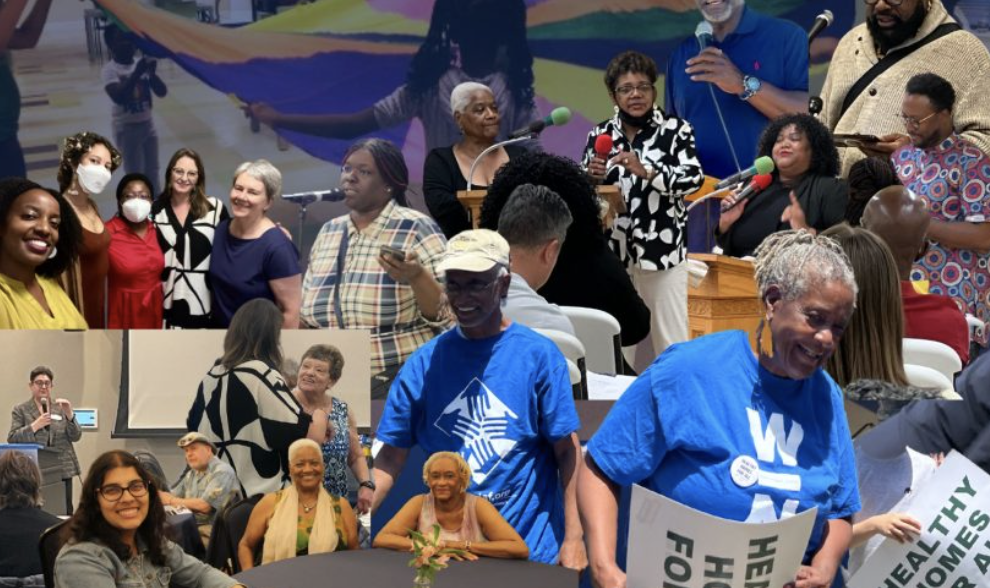
Washington Interfaith Network
All Souls Church is an active member of the Washington Interfaith Network, or WIN. Founded in 1996, WIN is a broad-based, multi-racial, multi-faith, strictly non-partisan, District-wide citizens’ power organization, rooted in local congregations and associations.
“A faith that is not the sister of justice is bound to bring people to grief. It thwarts creation, a divinely given possibility; it robs them of their birthright of freedom in an open universe; it robs the community of the spiritual richness latent in its members; it reduces the person to a beast of burden in slavish subservience to a state, a church, or a party—a god made by human hands.”

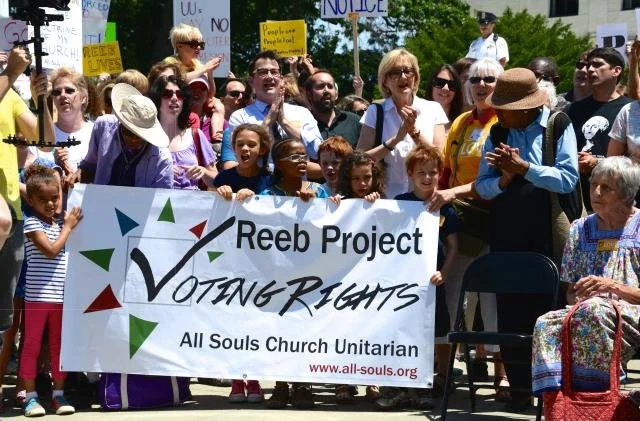
Latest from Social Justice Ministries
The Reeb Voting Rights Project of All Souls Church (D.C.) is renewing a call for assistance from UUs nationwide to support the people of D.C. who are in the cross hairs of the current administration. We ask for your help in protecting our limited Home Rule and, ultimately, gaining the same voting rights as residents of the 50 states.
All Souls Heiwa Peace Project is co-sponsoring three important events this year, August 3-6, 2025.
The Beckner Committee and staff would like to share our gratitude for members of the committee -- Sharon Groves, Georgia Yuan and Pam Amos -- who have played very important roles in our work over the last four years.
Join ASCU's Souls4Palestine for a chance to deepen your knowledge about the history, culture, and struggle of the Palestinian people, with asynchronous learning and virtual check-ins.
The Migrant Solidarity Team at All Souls publishes a weekly digest of news, events, and opportunities in support of our migrant community members. To get more involved in these efforts, sign up to receive our weekly update.
Check out the latest actions and activities you can get involved with to organize to protect and preserve our democracy. The Reeb Project Action Center is the place to go!
With the incoming administration promising mass deportations, All Souls' Migrant Solidarity Team plans to join with religious and other nonprofit groups in the Washington D.C. region in mobilizing support for our undocumented neighbors. Meanwhile, the all-volunteer Food Justice DMV, co-founded by All Souls' Denise Woods, is seeking volunteers in anticipation of increased demand for food deliveries from immigrant families afraid to leave their homes.
Mohammad Mukhtar Karimi, whose Afghan family has resettled with help from the Migrant Solidarity Team, has a good lead on a construction related job if he gets a vehicle to take him to job sites.